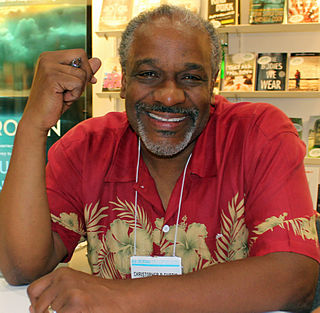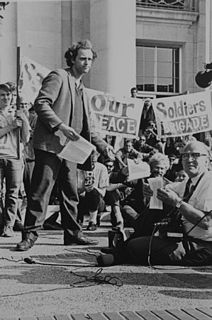A Quote by Steven Wright
I took a course in speed reading. Then I got Reader's Digest on microfilm. By the time I got the machine set up, I was done.
Related Quotes
We get twitted now and then on how we made this country. Well, we took the whole business, of course. It's not just that corner that we took from Mexico. When we got it all together, we got a very shapely country-the best continental cut in all the world, between the two oceans and in the right temperature zone.
As soon as I got into the library I closed my eyes and took a deep breath. I got a whiff of the leather on all the old books, a smell that got real strong if you picked one of them up and stuck your nose real close to it when you turned the pages. Then there was the the smell of the cloth that covered the brand-new books, books that made a splitting sound when you opened them. Then I could sniff the the paper, that soft, powdery, drowsy smell that comes off the page in little puffs when you're reading something or looking at some pictures, kind of hypnotizing smell.
I love the romance of the '40s. It was the perfect time to live. Technology wasn't so advanced that it made life more difficult, but it was just enough that you can send a phone call or a telegram. And people still took pride in how they looked. The men got dressed up and the women got dressed up and they took care of themselves.
There's a time when the operation of the machine becomes so odious, makes you so sick at heart, that you can't take part; you can't even tacitly take part. And you've got to put your bodies upon the gears and upon the wheels, upon all the apparatus and you've got to make it stop. And you've got to indicate to the people who run it, to the people who own it, that unless you're free, the machine will be prevented from working at all.
Kindle, isn’t it?” the waitress asked. “I got one for Christmas, and I love it. I’m reading my way through all of Jodi Picoult’s books.” “Oh, probably not all of them,” Wesley said. “Huh? Why not?” “She’s probably got another one done already. That’s all I meant.” “And James Patterson’s probably written one since he got up this morning!” she said, and went off chortling.
After the first time I got traded - I was in the bullpen warming up for a game in Double A, and I got called back in and got traded - that was probably the, like, most crazy it could be. And once I got traded, the next time it got a little easier, and I got traded the next time - it's just part of it.
Sometimes I'm on a TV set, and I can't feel what I'm supposed to feel as that character because I've not worked my way up to that point. I think there's a bit more insecurity on a set - you've got to blag it, or you've got to do what you've been paid a lot of money to do in a very short space of time.

































